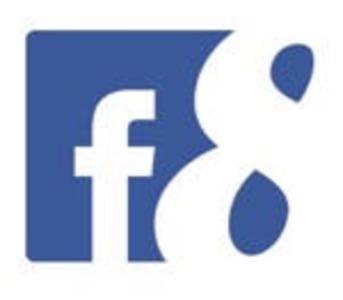One of the many announcements at Facebook’s f8 conference today included an expansion of the Facebook Credits program, the social network’s official virtual currency. Expansion of the Credits program could have a huge impact on how and how much revenue Facebook applications will generate.

Already in beta testing with over 100 applications, Facebook CEO Mark Zuckerberg announced that Credits would soon role out to the whole network. Credits allows users to purchase virtual currency through Facebook that can be used to purchase virtual goods across multiple applications.
Credits are meant to simplify online transactions by allowing users to use just one source of currency, rather than having to enter separate bank or credit card information for every purchase. According to Deb Liu, product marketing manager for Credits, users can currently purchase credits for use in Facebook applications with credit cards, special offers, mobile phones and Paypal, and Facebook plans to add “100 or 200” local payment options worldwide.
Liu also introduced the App2user Credits program, promotions that will allow users to earn Facebook credit without paying with their credit cards. The App2user program is designed to enable merchants ways to convert reward points into Facebook Credits. Facebook may seed new and inactive users with credits in order to incentivize their use, and they hope that this will “grease the system,” introducing more users with more Credits into the system.
While some developers have grumbled at the 30% cut that Facebook takes from Credits, they soon may have little choice. However, the move to a single virtual currency for the entire Facebook network will mean more revenue overall as users find transactions easier to make.
When Facebook released their revenue figures in February, the Credits program accounted less than 2% of revenue – only $10 million out of $700 million. The consolidation of virtual transactions on Facebook into one currency means that these figures are likely to change substantially. Liu said today that there were around 800 million unique social gaming experiences on Facebook each month. Clearly there is potential for phenomenal growth in virtual currency – for developers and for Facebook – lies with users who are willing to pay for virtual goods to help them in their social gaming.
But according to Zuckerberg, Facebook is not doing this to generate revenue, but “for the developers.”
















